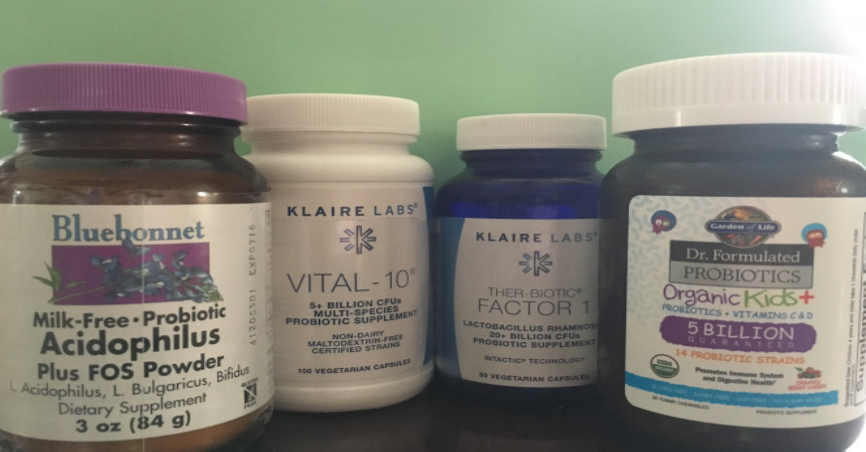By Alecia Sexton
Layout Manager
We all know that the foods we eat have an effect on our health, however, it’s amazing to think that just a few decades ago it was almost completely unknown that food components such as trans fats and sugars can affect the body in harmful ways. The next major area of researchseems to be focused around something called the microbiome.

Dietary supplements can sometimes improve your health
A microbiome is a “conglomeration of microorganisms in a particular environment” as defined by the National Institute of Health (NIH). In fact, the microorganisms in our gut out number the amount of cells
in our body nine to one and since they are alive and possess their own DNA, they are also responsible for a variety of vital functions we may take for granted on a daily basis.
In an ideal internal environment, the bacteria in our intestines, like most things in life, live in a balance of good and bad. At this state, digestion is uninterrupted, the immune system functions appropriately, and weight can be managed without struggle. However, according to The Microbiome Study done by the NIH, when we offset this balance by eating sugar and highly processed, low ber foods, the balance shifts and the ‘bad’ bacteria creates a laundry list of negative symptoms and conditions.
Some of the most relatable symptoms that this ‘bad’ bacteria overgrowth elicits include bloating, indigestion, brain fog and the inability to lose weight despite effort. In fact, a study done by the National Center for Biotechnology Information (NCBI) confirmed this theory in a mass study done with mice where some ‘bad’ bacteria was added to a mouse with a balance of microorganisms. After this addition, regardless of the mouse being on the same exact diet and exercise regimen, the mouse gained weight and was unable to lose it until the ora was returned to balance.
The trends of the modern American diet unfortunately promotes bad bacteria overgrowth. Often times, we only choose meals and drinks based on flavor and taste. Snapple tastes better than water, and mac and cheese taste better than quinoa, however these ‘tasty’ foods act as fertilizers for ‘bad’ bacteria, allowing them to thrive and continue to outgrow the ‘good’, worsening symptoms and conditions. Additionally, it’s been concluded by the Mayo Clinic that stress has a direct effect on the microbiome and that just one high stress day can shift the microbiome into an unfavorable state that negatively affects digestion and slows metabolism.
Diabetes, irritable bowel disease, and food intolerances are just some of the many conditions that can be aided or rectified by adjusting the diet to include less unpronounceable substances, more fiber, and less sugar. Although the complete story is not yet known regarding the microbiome, it’s a hot topic among many of the world’s top scientific organizations. Something, however, that each organization can conclude at this point is that a healthy diet as well as proper stress management techniques promote intestinal and digestive health and should be adopted by all.



Be First to Comment